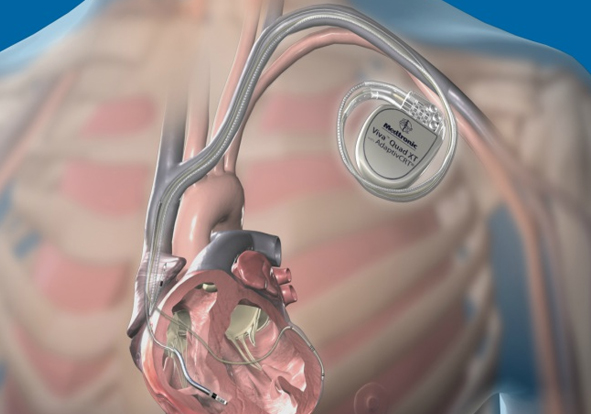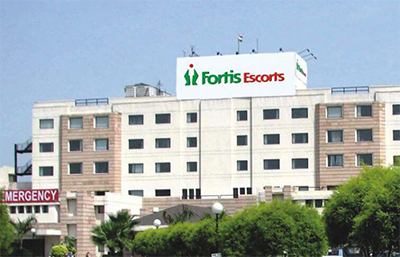
Fortis Hospital, New Delhi
Heart Surgery,Cancer Treatmen, Bariatric Surgery, General Surgery, Transplant Surgery, Joint Replacements Surgery, Organs Transplant, Spine Neurosurgery,Cochlear Implant & ENT Surgery

Wockhardt Hospital Mumbai
Heart Surgery,Cancer Treatmen, Bariatric Surgery, General Surgery, Transplant Surgery, Joint Replacements Surgery, Organs Transplant, Spine Neurosurgery,Cochlear Implant & ENT Surgery
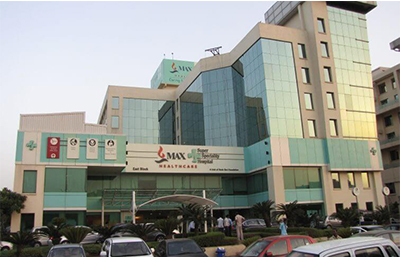
Max Hospital, New Delhi
Heart Surgery,Cancer Treatmen, Bariatric Surgery, General Surgery, Transplant Surgery, Joint Replacements Surgery, Organs Transplant, Spine Neurosurgery,Cochlear Implant & ENT Surgery

Lilavati Hospital And Research Centre
Heart Surgery,Cancer Treatmen, Bariatric Surgery, General Surgery, Transplant Surgery, Joint Replacements Surgery, Organs Transplant, Spine Neurosurgery,Cochlear Implant & ENT Surgery

Manipal Hospital Banglore
Heart Surgery,Cancer Treatmen, Bariatric Surgery, General Surgery, Transplant Surgery, Joint Replacements Surgery, Organs Transplant, Spine Neurosurgery,Cochlear Implant & ENT Surgery
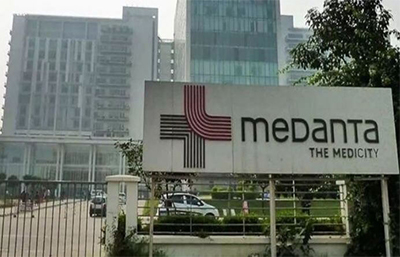
Medanta Hospital
Heart Surgery,Cancer Treatmen, Bariatric Surgery, General Surgery, Transplant Surgery, Joint Replacements Surgery, Organs Transplant, Spine Neurosurgery,Cochlear Implant & ENT Surgery
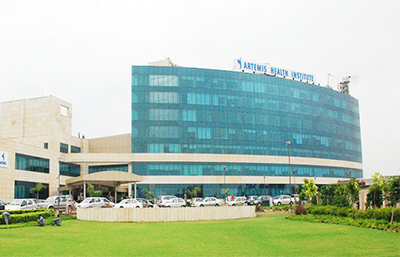
Artemis Hospital
Heart Surgery,Cancer Treatmen, Bariatric Surgery, General Surgery, Transplant Surgery, Joint Replacements Surgery, Organs Transplant, Spine Neurosurgery,Cochlear Implant & ENT Surgery
